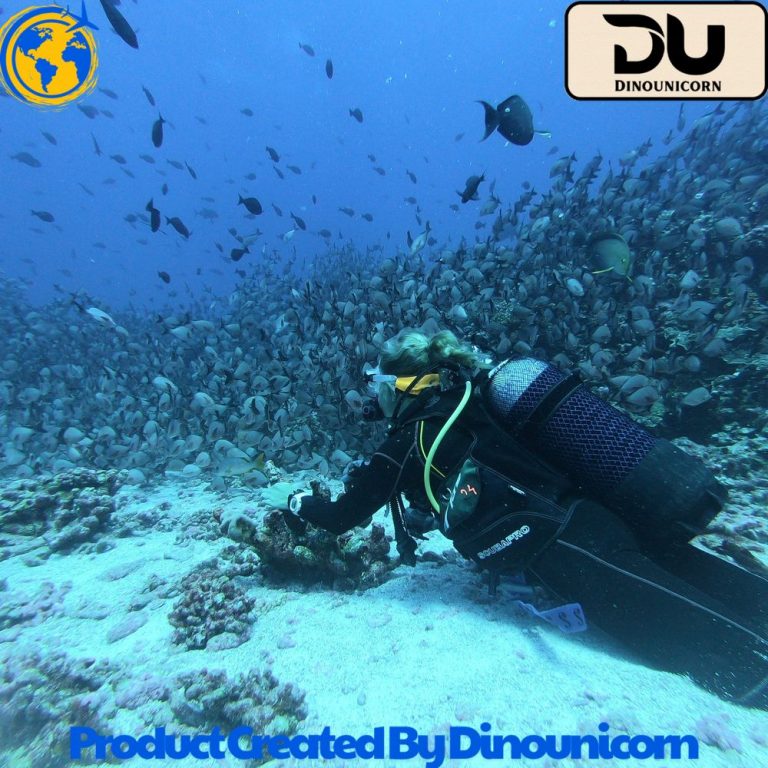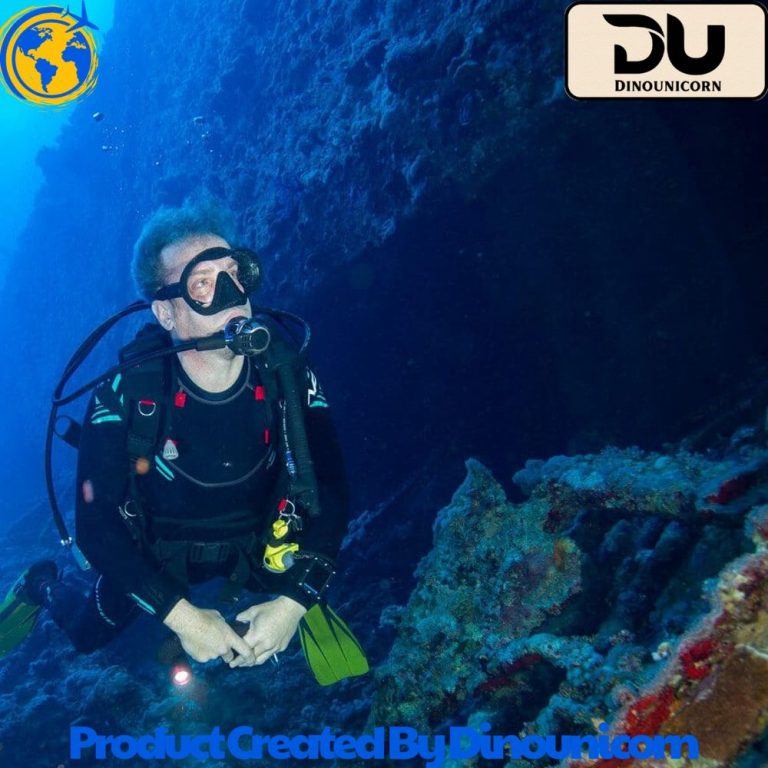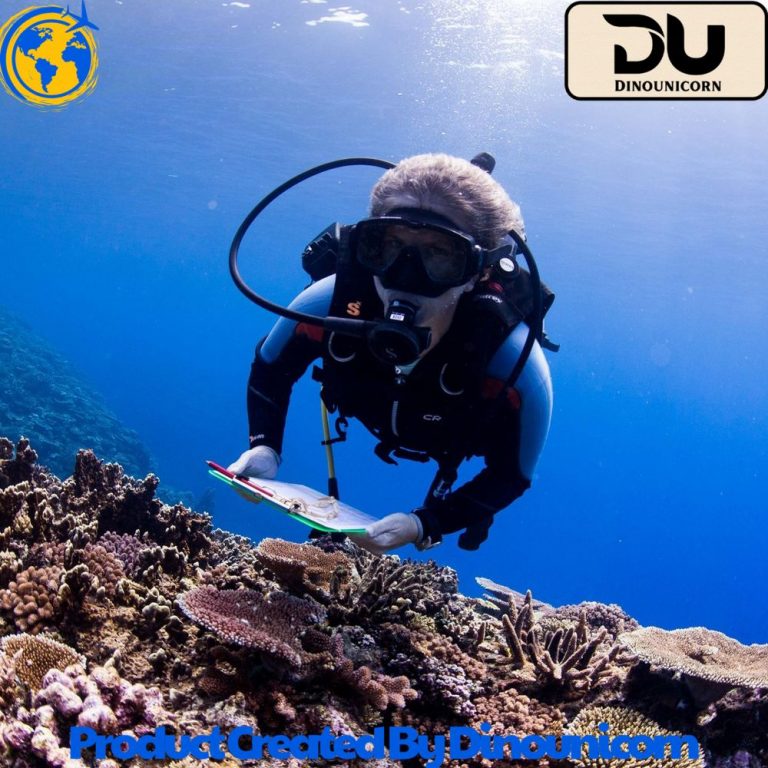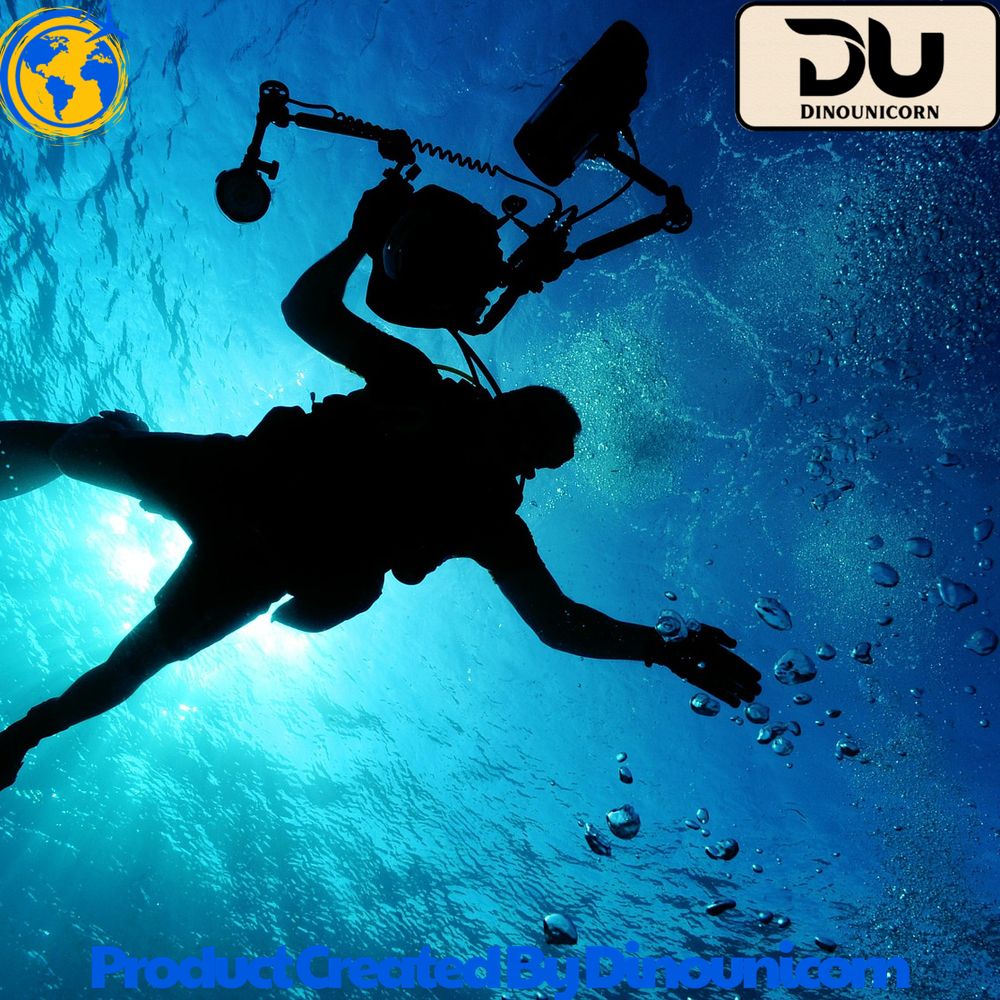Blog
What Do Marine Biologists Do?
What Do Marine Biologists Do?
Introduction to Marine Biology
Marine biology is a captivating field that focuses on studying ocean ecosystems, marine organisms, and the interactions within marine environments. Marine biologists are experts in understanding how life flourishes in the oceans, contributing significantly to marine conservation and scientific discovery. The responsibilities of a marine biologist span from conducting extensive fieldwork in ocean habitats to analyzing data in laboratories. These scientists are key players in preserving biodiversity, studying the effects of climate change on marine life, and contributing to various industries, including conservation, fisheries, and environmental protection.
In this article, we’ll explore what marine biologists do, their daily tasks, the skills and qualifications needed for a successful career, and much more. Whether you’re considering a career in marine biology or just curious about the role these professionals play, this guide will provide you with valuable insights.
Daily Tasks and Responsibilities of a Marine Biologist
A typical day for a marine biologist varies depending on the nature of their work, but it is usually divided between fieldwork and research. Here are some of the most common daily tasks:
Fieldwork in Marine Biology
Fieldwork is an essential aspect of a marine biologist’s career. Marine biologists often venture out into the field to gather data, observe ocean life, and monitor the health of marine ecosystems. They may:
- Study marine ecosystems in coral reefs, deep-sea trenches, and coastal regions.
- Collect samples of water, sediments, and marine organisms.
- Use various scientific tools such as underwater cameras, sonar equipment, and autonomous underwater vehicles (AUVs) to observe marine life and ecosystems in their natural habitat.
Laboratory Work and Data Analysis
When not conducting field research, marine biologists spend a significant amount of time in laboratories analyzing the samples they’ve collected. This could involve studying:
- The health of marine species, their reproductive cycles, and their roles in the food chain.
- Genetic analysis of marine organisms to understand their evolutionary history and adaptations.
- Monitoring pollution levels and their impact on marine life.
Marine Life Conservation Roles
Marine biologists also work in the conservation sector, focusing on protecting endangered species and preserving marine habitats. Their tasks include:
- Conducting research on marine life conservation strategies.
- Developing plans for ocean sustainability and restoring damaged ecosystems.
- Working with environmental organizations and government agencies to enforce conservation policies.

Skills and Qualifications Needed for Marine Biology Careers
Becoming a successful marine biologist requires both specialized knowledge and specific skill sets. Here are some of the most important qualifications and skills for this career:
Educational Background
To become a marine biologist, a strong foundation in biology and environmental science is essential. Most marine biologists start with a bachelor’s degree in marine biology, oceanography, or a related field. Many professionals also pursue advanced degrees such as a Master’s or Ph.D. to specialize further and enhance career prospects.
Key Skills for Marine Biologists
- Scientific Research: Marine biologists must possess strong research skills, including the ability to collect, analyze, and interpret data.
- Problem Solving: They need to solve complex environmental issues, such as species extinction and habitat destruction.
- Communication: Both verbal and written communication skills are important for sharing findings and collaborating with colleagues and stakeholders.
- Technological Proficiency: Familiarity with tools such as GIS (Geographical Information Systems), remote sensing technology, and laboratory equipment is essential.
Marine Biology Research and Conservation Efforts
One of the most rewarding aspects of being a marine biologist is contributing to the conservation of marine life and researching ocean ecosystems. Marine biologists are pivotal in understanding the effects of climate change and pollution on marine environments. They work on projects such as:
- Tracking ocean temperature changes and how they affect marine biodiversity.
- Researching the impact of plastic pollution on marine species.
- Conducting studies on coral reef restoration and the recovery of endangered species like sea turtles and whales.
By studying marine ecosystems, marine biologists can develop conservation strategies that help protect vulnerable species and habitats. Their efforts play a crucial role in sustainable ocean management.

Marine Biologist Career Path and Opportunities
The career path of a marine biologist offers various opportunities for growth and specialization. While some marine biologists focus on research, others may work in government agencies, educational institutions, or environmental nonprofits. Some of the most common career paths include:
Marine Biology Researcher
Many marine biologists choose to focus on research, working in academic or government labs. They contribute to publications and studies that expand our knowledge of marine life.
Marine Conservationist
Marine conservationists specialize in preserving marine ecosystems and ensuring sustainable practices in industries like fishing and tourism.
Environmental Consultant
Some marine biologists work as consultants, advising businesses, governments, and nonprofits on how to minimize their environmental impact and adhere to regulations.
The Work Environment of a Marine Biologist
The work environment of a marine biologist can vary greatly depending on their role. Here’s a look at what they might experience:
Fieldwork
For those conducting research on marine ecosystems, fieldwork is often carried out in remote locations. This may involve:
- Working on research vessels or in coastal habitats.
- Spending long hours in the field collecting data.
- Dealing with the unpredictable nature of ocean weather and conditions.
Laboratories and Offices
Marine biologists working in research institutions or universities often spend most of their time in laboratories. These environments provide a controlled space for analyzing data and conducting experiments on marine life.
Public and Private Sector Roles
Marine biologists may also work in government agencies, private companies, or nonprofit organizations. Their roles might involve policy-making, public education, and advocacy.
Job Descriptions and Roles in Marine Biology
The job description of a marine biologist can differ based on the area of specialization. Here are some common roles:
- Marine Biology Researcher: Conducts experiments, analyzes data, and writes scientific papers.
- Marine Conservation Biologist: Focuses on endangered species and habitat restoration.
- Marine Educator: Teaches about marine ecosystems and engages with the public on ocean conservation.
Each role comes with its own set of responsibilities, but all marine biologists share the overarching goal of understanding and protecting marine life.
Conclusion
In summary, marine biologists play a critical role in studying the ocean’s ecosystems, conserving marine life, and advancing our understanding of the natural world. Their work is diverse and dynamic, ranging from field research to laboratory analysis, and offers exciting opportunities for those passionate about the ocean and its creatures.

Frequently Asked Questions
1. What are the daily responsibilities of a marine biologist?
Marine biologists are responsible for studying marine ecosystems, collecting samples, conducting experiments, and analyzing data. Their tasks often include both fieldwork and laboratory research.
2. What qualifications are needed to become a marine biologist?
A degree in marine biology or a related field is required, with many marine biologists pursuing advanced degrees. Key skills include research, problem-solving, communication, and proficiency in various scientific technologies.
3. Can marine biologists work in conservation?
Yes, many marine biologists focus on conservation, studying endangered species, restoring habitats, and implementing sustainable practices to protect marine life.
4. What career paths are available in marine biology?
Marine biologists can work in research, conservation, environmental consulting, or education. The career path can vary depending on personal interests and the area of marine biology one chooses to specialize in.
5. How do marine biologists help protect the ocean?
Marine biologists contribute by studying ocean life, monitoring environmental changes, and developing strategies for ocean conservation. Their research helps shape policies aimed at protecting marine habitats and biodiversity.
 Skip to content
Skip to content

